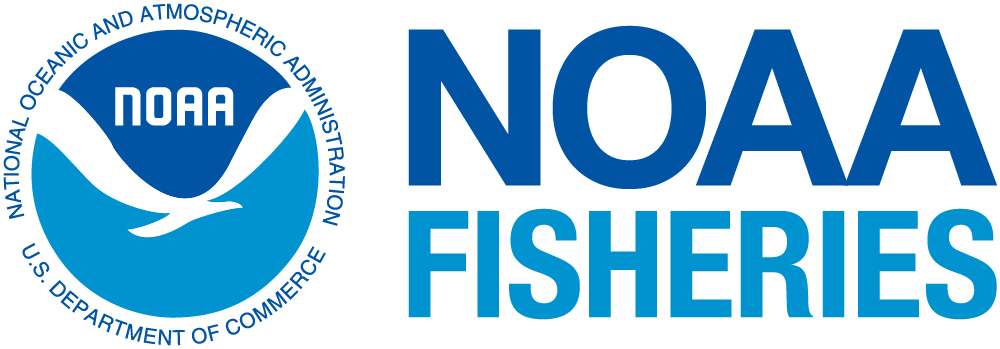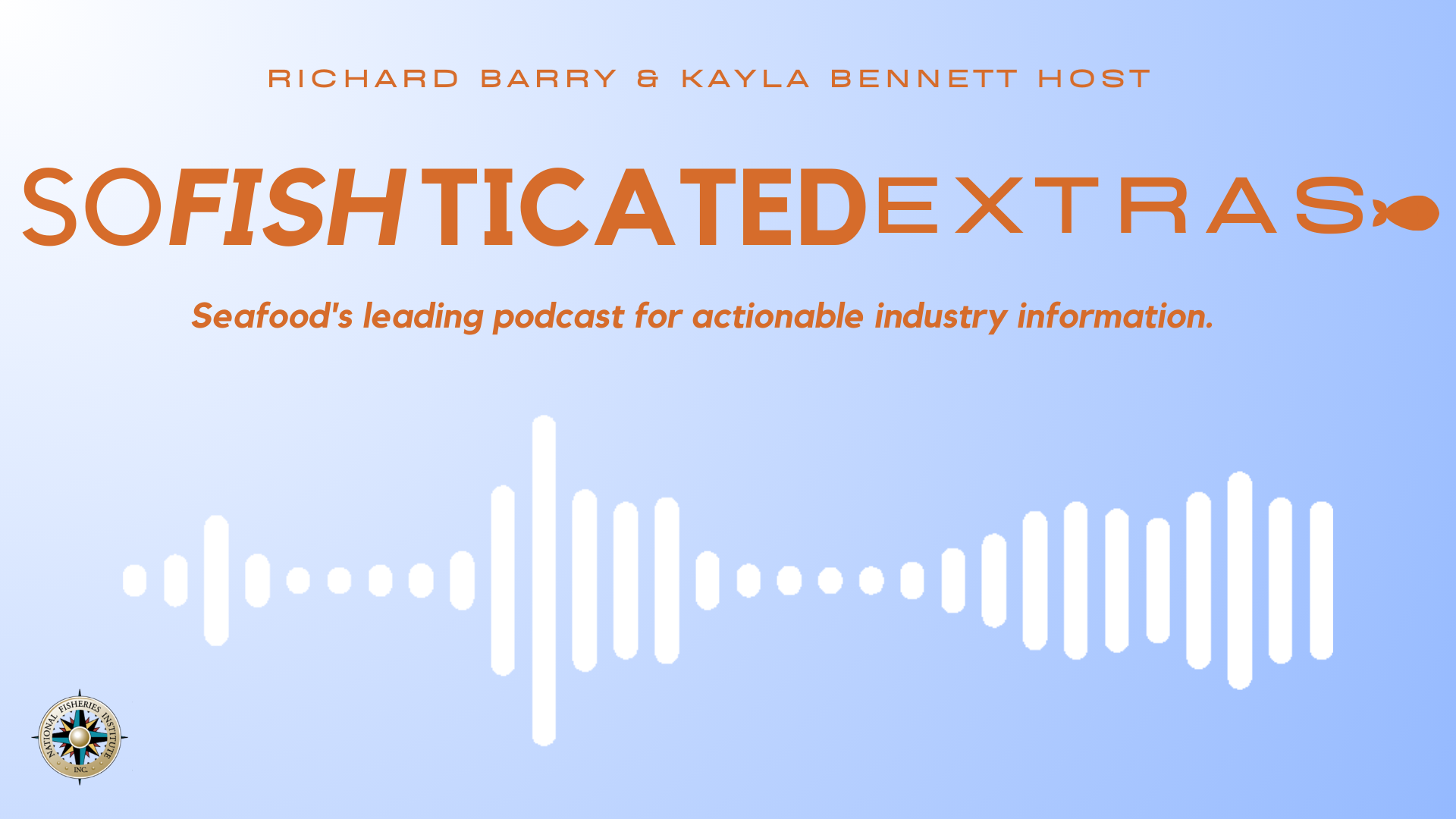NOAA defends U.S. Fisheries
This week, NOAA Fisheries Assistant Administrator, Chris Oliver, sent a letter to the editor of Marine Policy that does not mince words. In response to a new report on IUU fishing, Mr. Oliver asks the editor, “to publish a retraction, and to ensure future articles undergo adequate review to avoid publication of misleading information.”
The article in question, “Estimates of illegal and unreported seafood imports to Japan,” claims a portion of IUU seafood coming to Japan include salmon, crab, and Alaska pollock from the United States. However, these three species in particular are considered among the best managed and most closely monitored in the world. (Not to mention, they’re healthy).
A flawed methodology
Mr. Oliver calls the allegations absent of any transparency regarding the data sources and methodology used by the authors to come up with these claims. The letter goes into more detail about data and methodology concerns and then provides ample information about the robust management of U.S. Alaska pollock, salmon, and crab fisheries.
A new era of NOAA Fisheries communications
It’s important NOAA communicates about its successes and defends itself when it sees clear flaws in a paper like the one published in Marine Policy. This letter to the editor appears to signal a new era of communications for NOAA Fisheries (NMFS) and an encouraging one. Letters like Mr. Oliver’s can result in scientists and journalists doing the extra work to ensure they’re reporting accurately about U.S. fisheries, before publishing.
NOAA stands by U.S. fisheries management
Mr. Oliver finishes by saying,
“In conclusion, NMFS confidently stands by its management, monitoring, and control of U.S. fisheries along America’s coasts and throughout its exclusive economic zone. It is prouder still of U.S. fishers, both commercial and recreational, who are committed to the continued sustainability of our fisheries and who support and observe the regulations intended to sustain and protect our marine resources.”
We are eager to see Marine Policy’s response to NOAA’s strong and very public outreach.



